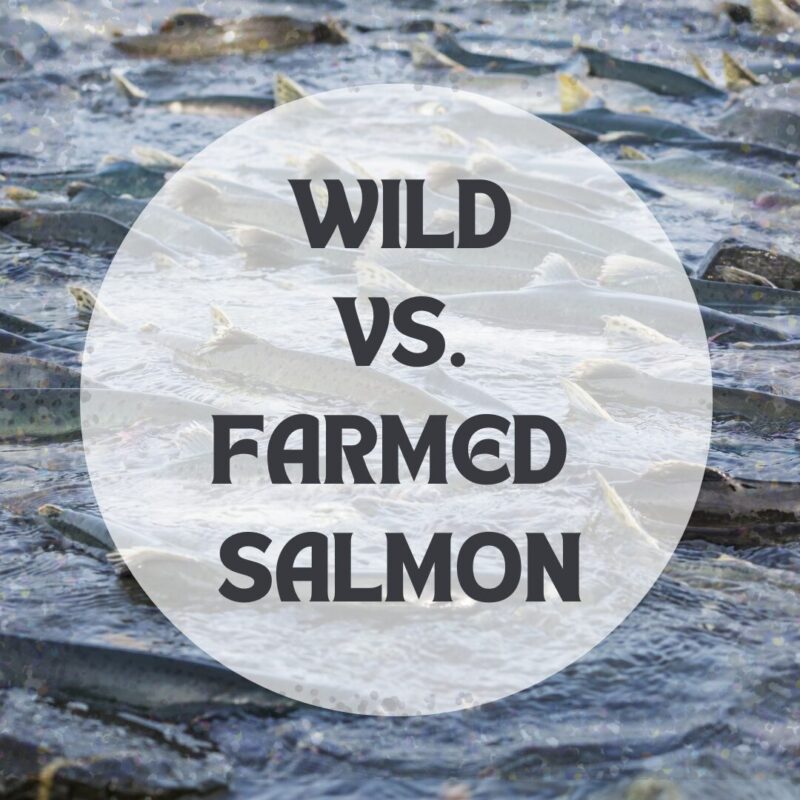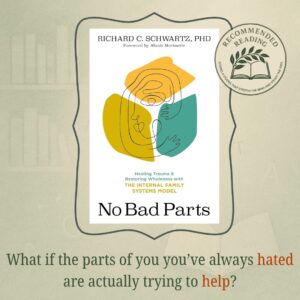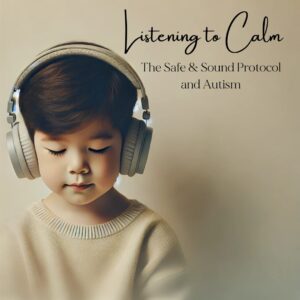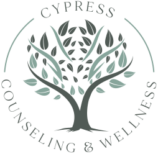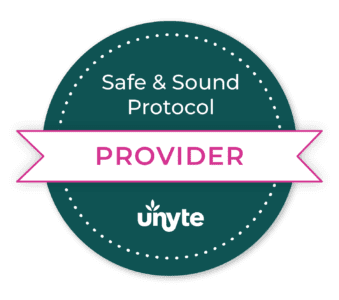We all want to make smart choices—whether it’s for our health, our families, or even the planet. But sometimes, it feels like the more you know, the harder it is to decide. Take salmon, for example. We hear about its incredible benefits for brain health and heart health, but then we’re faced with a choice: wild-caught or farm-raised?
The answer? It’s not just about what’s best for your body—it’s about what’s best for the environment too. And more often than not, the right choice for you lines up perfectly with the right choice for our oceans.
Why Wild-Caught Salmon is Often the Better Choice
Wild-caught salmon is widely considered more sustainable because it comes from well-managed fisheries, particularly in Alaska, where fishing quotas ensure that wild populations remain healthy. These fisheries help prevent overfishing and maintain the delicate balance of marine ecosystems.
Nutritionally, wild salmon tends to be leaner and packed with higher levels of Omega-3 fatty acids, which are great for brain health, reducing inflammation, and supporting mood. Wild salmon also generally has fewer contaminants like antibiotics and pesticides, since it’s caught in its natural environment.
When Farmed Salmon is a Good Option
While farmed salmon has its environmental challenges—such as the pollution from fish farms and the overfishing of smaller fish to feed them—it doesn’t always have to be ruled out. In fact, improvements in aquaculture practices have made some farmed salmon more sustainable than in the past.
If you choose farmed salmon, look for products certified by organizations like the Aquaculture Stewardship Council (ASC) or Best Aquaculture Practices (BAP), which enforce strict environmental standards. Some farms are now using more sustainable feeds, such as algae-based oils, reducing the need to harvest smaller wild fish.
Nutritionally, farmed salmon can still provide plenty of Omega-3s and is often more affordable than wild-caught. If budget is a concern, farmed salmon is a reasonable way to get the health benefits of salmon without breaking the bank.
Making the Best Choice for You and the Planet
The good news is that both wild-caught and farmed salmon can be healthy and sustainable if you know what to look for. Wild-caught salmon often wins in terms of environmental impact and nutritional purity, but sustainably farmed salmon can be a perfectly acceptable choice, especially if it’s more readily available or fits better into your budget.
When possible, opt for certified, sustainably farmed options or wild-caught fish from regulated fisheries. By making informed decisions, you’re taking care of both your health and the planet—one delicious salmon meal at a time.
-

Exploring the complexity of people and their stories, finding and celebrating redemption, strength, and courage in the wake of suffering, and seeking purpose and meaning in daily life—these are the pursuits I share with my clients. Every day, I’m in awe of the impossible things they accomplish. Truly, how lucky am I? Outside of my practice, I soak up life with my husband, three kids, a house full of animals, and more chickens than I ever expected.
View all posts
 (281) 305-9387
(281) 305-9387
